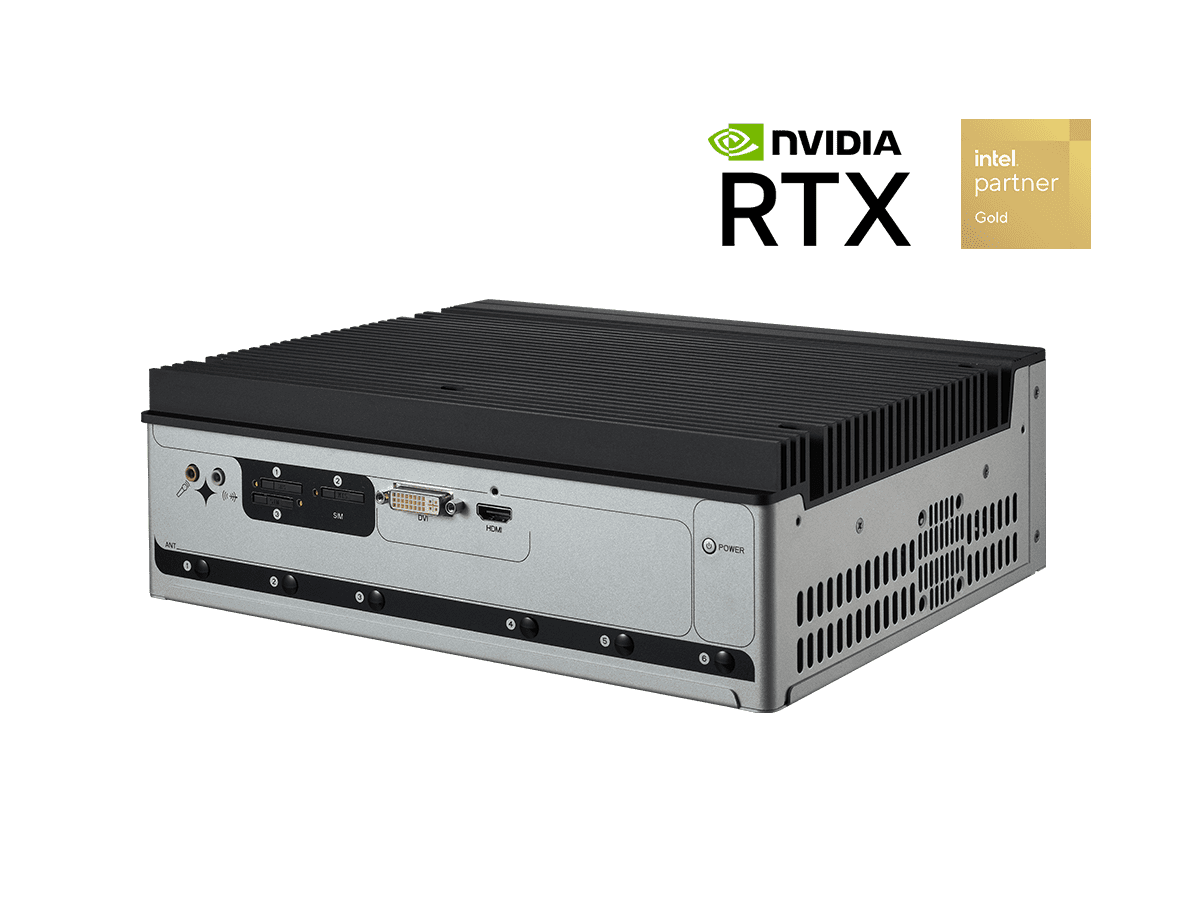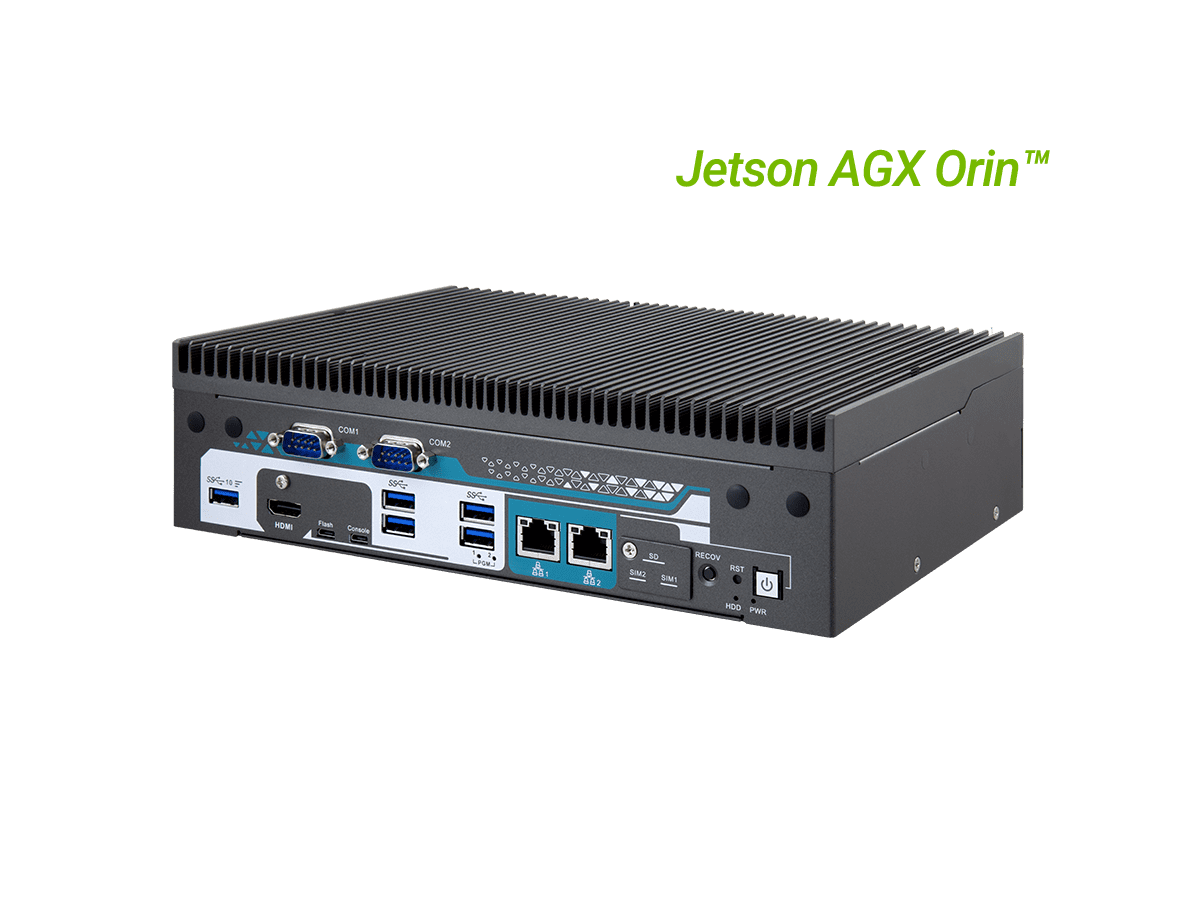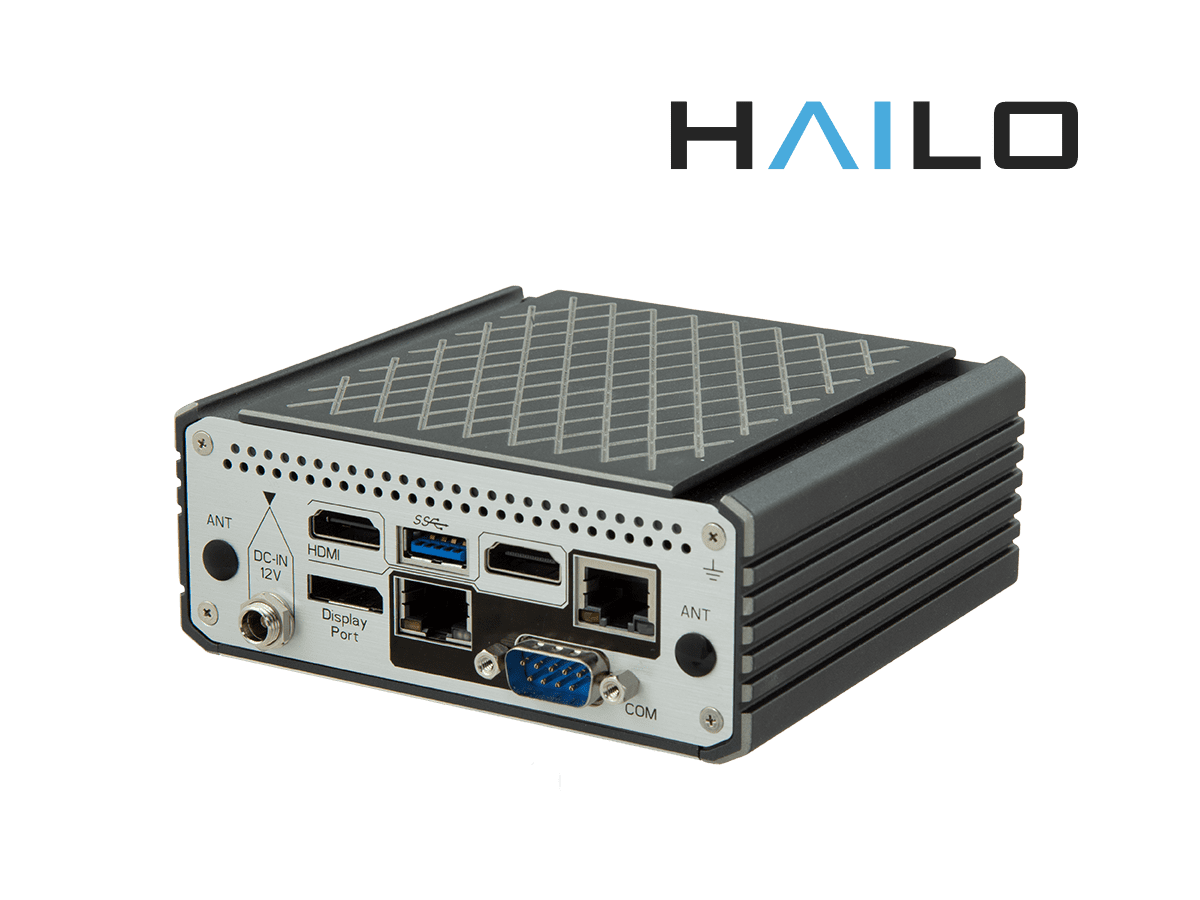Edge AI Computing
Bringing Intelligence Closer to the Source
What Is Edge Computing and Why It Matters
Reducing Latency and Bandwidth Use through Local Processing
Enabling Real-Time Insights for Smarter Operations
Edge computing is an information technology architecture where computation is moved as close to the source as possible. It brings the results from the server close to the end users to reduce latency and bandwidth use.
Outside the factory, ARBOR's machine vision solutions are used by Eurotunnel to facilitate the checking of vehicles wishing to cross the tunnel. With Automatic License Plate Recognition, the machines can automatically display on-screen information that is directly relevant to individual passengers. This can help to decrease the waiting time and prevent those without a booking from entering.
FPC-5211 Series — Enhancing Vehicle Safety at the Edge
E-Mark-Certified Edge AI System Supporting Intel 14th Gen Processors
Processing Visual Data Locally to Minimize Network Latency
Enabling Road Condition Recognition, Obstacle Detection, and Autonomous Response

FPC-5211 Series Enhances Vehicle Safety by Reducing Network Latency of Visual Data at The Edge
Through the edge AI computing system of the FPC-5211 series, which has passed E-Mark certification and supports Intel's 14th generation processors. Numerous data can be processed in edge nodes to reduce network latency, directly process and analyze a large amount of sensor and visual data on the vehicle, and respond quickly. For example, identifying road conditions, detecting obstacles, executing autonomous driving, etc.
Advancing Edge AI Computing for Industrial Innovation
Delivering Ultimate Compute Power and Industrial-Grade Stability
Supporting Lightweight Inference and High-Density AI Workloads
Accelerating AI Model Deployment for Faster Business Decisions
What is Edge AI?
Edge AI refers to the integration of artificial intelligence (AI) directly into devices at the edge of a network, rather than relying on a centralized cloud infrastructure. This allows data to be processed locally, on the device itself, without the need to send large volumes of information to a distant server. Edge AI leverages local computing power to perform tasks such as data analysis, decision-making, and real-time processing. This approach offers several advantages, including reduced latency, enhanced privacy, improved reliability, and lower bandwidth usage.
Overcoming Industrial Challenges with Edge AI Solutions
Reducing Latency and Ensuring Real-Time Performance
Enhancing Reliability, Security, and Operational Continuity
Scaling Cost-Efficiently with Customizable Edge AI Architectures
Challenges & Solutions
| Challenges & Problem | Edge AI Computing Solution |
|---|---|
|
Latency and Real-Time Processing Industrial automation often requires real-time decision-making to control machinery and respond to changing conditions. Traditional cloud-based AI can suffer from latency due to data transmission times. |
By processing data locally, Edge AI significantly reduces latency and ensures faster response times, which is critical for tasks such as predictive maintenance, quality control and robotic guidance. |
|
Bandwidth Limitations Transmitting large amounts of data to and and from a central cloud can strain network bandwidth, especially in environments with numerous sensors and devices. |
Edge AI mitigates this by processing data at the source, reducing the amount of data that needs to be sent over the network. |
|
Reliability and Downtime Relying on constant connectivity to the cloud can be a drawback in industrial settings where network reliability is a concern. |
Edge AI systems can continue to operate and make decisions even if the network connection is temporarily lost, increasing system reliability and reducing downtime. |
|
Security and Privacy Industrial environments often handle sensitive data, and transmitting this data to the cloud poses security risks. |
Edge AI reduces the risk of data breaches by keeping data local, reducing the exposure of sensitive information and enhancing data security. |
|
Scalability and Cost Implementing cloud-based AI solutions can be costly, especially when scaling across numerous devices and locations. |
Edge AI allows for incremental upgrades and expansions and offers a more scalable and cost-effective solution by leveraging existing hardware and infrastructure. |
|
Customization and Flexibility Industrial processes vary widely. |
Edge AI systems can be tailored to specific needs and applications of AI algorithms and models to suit particular industrial processes bringing more efficient and effective operations. |
Real-World Edge AI Applications in Transportation and Infrastructure
Vehicle Inspection and License Plate Recognition at Eurotunnel
Smart Vision Systems for Safer, More Efficient Travel
Enhancing Passenger Experience through AI-Driven Automation
Edge AI Applications
-
Vehicle Inspection and Management
ARBOR's machine vision solutions are instrumental in streamlining vehicle inspections for Eurotunnel. By employing Automatic License Plate Recognition (ALPR), the system can display relevant information for individual passengers automatically. This technology significantly reduces waiting times and prevents unauthorized vehicles without bookings from entering the tunnel, enhancing the overall efficiency and security of the vehicle inspection process.
-
Enhanced Vehicle Safety
The FPC-5211 series leverages edge AI computing to boost vehicle safety by minimizing network latency in processing visual data. Certified with E-Mark and equipped with Intel's 14th-generation processors, this series processes large volumes of sensor and visual data directly at the edge. This capability allows for rapid analysis and response to road conditions, obstacle detection, and autonomous driving functions. By handling data locally rather than relying on centralized servers, the FPC-5211 series ensures quicker decision-making and improved safety outcomes in real-time driving scenarios.






